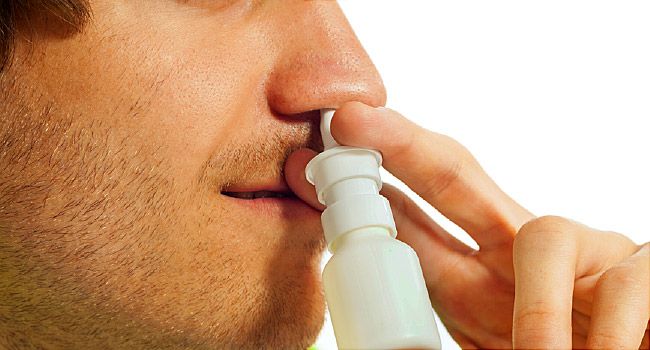Reports of abuse or misuse of the OTC nasal decongestant propylhexedrine are rising, often leading to serious harm, including death, the FDA warns. - WebMD

March 25, 2021 - Abuse or misuse of the over-the-counter nasal decongestant propylhexedrine (Benzedrex) can cause serious harm, disability, or death, the FDA said in a new safety warning.
"Major issues" with propylhexedrine include severe agitation, accelerated heart rate, high blood pressure, heart attack, hyperthermia, stroke, bowel obstruction, pulmonary hypertension, and seizures, the FDA said.
There is no specific way to reverse acute propylhexedrine intoxication, so only the symptoms can be treated, the FDA said.
Reports of people abusing and misusing propylhexedrine have increased in recent years.
Over last two decades, U.S. poison control centers documented 460 cases of propylhexedrine abuse (415 cases) or misuse (45 cases). Cases increased from 11 in 2011 to 74 cases in 2019, with abuse cases making up most of this increase, the FDA said.
The most commonly reported side effects included rapid heart rate, agitation, high blood pressure, chest pain, tremor, hallucinations, delusions, confusion, nausea, and vomiting.
Of the 460 cases, 21 were life-threatening and 13 people were admitted to intensive care.
From 1969 through 2020, 53 propylhexedrine abuse and misuse cases were voluntarily reported to FDA via the Adverse Event Reporting System (FAERS) database.
From 2016-2018, an additional seven cases of serious adverse events were reported through the National Electronic Injury Surveillance System-Cooperative Adverse Event Surveillance Project (NEISS-CADES).
Of these 60 cases, 23 were considered life-threatening or required hospitalization, and nine people died. Most of the deaths resulted from propylhexedrine abuse in combination with other substances.
"There are likely additional cases that we have not identified," the FDA said.
The agency wants all manufacturers of OTC propylhexedrine nasal decongestant inhalers to consider product design changes to ensure safe use.
"For example, modifying the product to create a physical barrier that would make tampering with the device and abusing the propylhexedrine inside more difficult. In addition, decreasing the amount of medicine the device contains could also reduce the risk of serious side effects if abused or misused," the FDA said.

Comments
Post a Comment